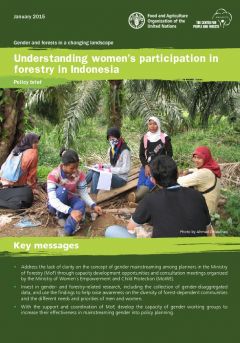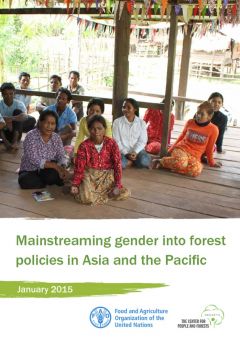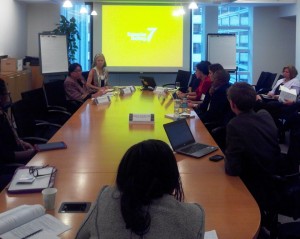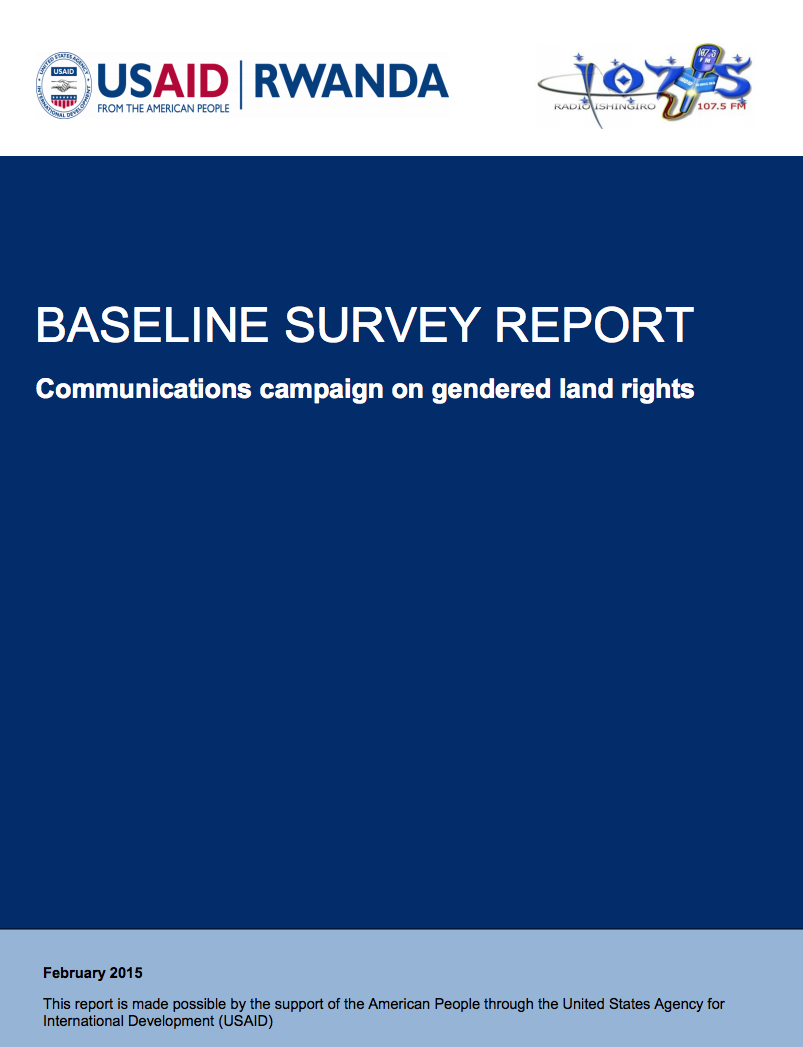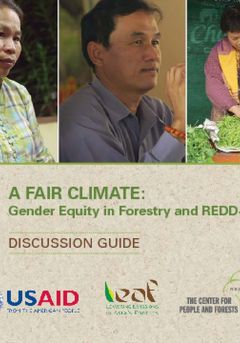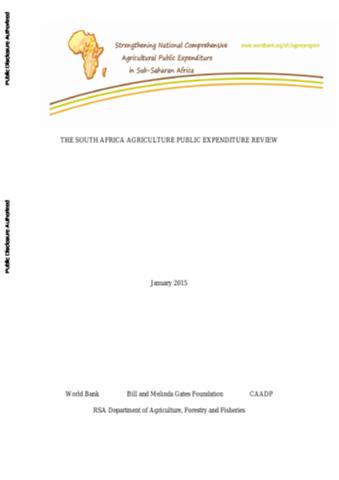Understanding Women's Participation in Forestry in Fiji
This brief discusses how gender perspectives are being integrated in Fiji's forest policies in terms of women's representation, participation, access and decision-making in forest use and management. The brief also highlights the key challenges to and offers recommendations of further promotion of gender mainstreaming in forestry.




